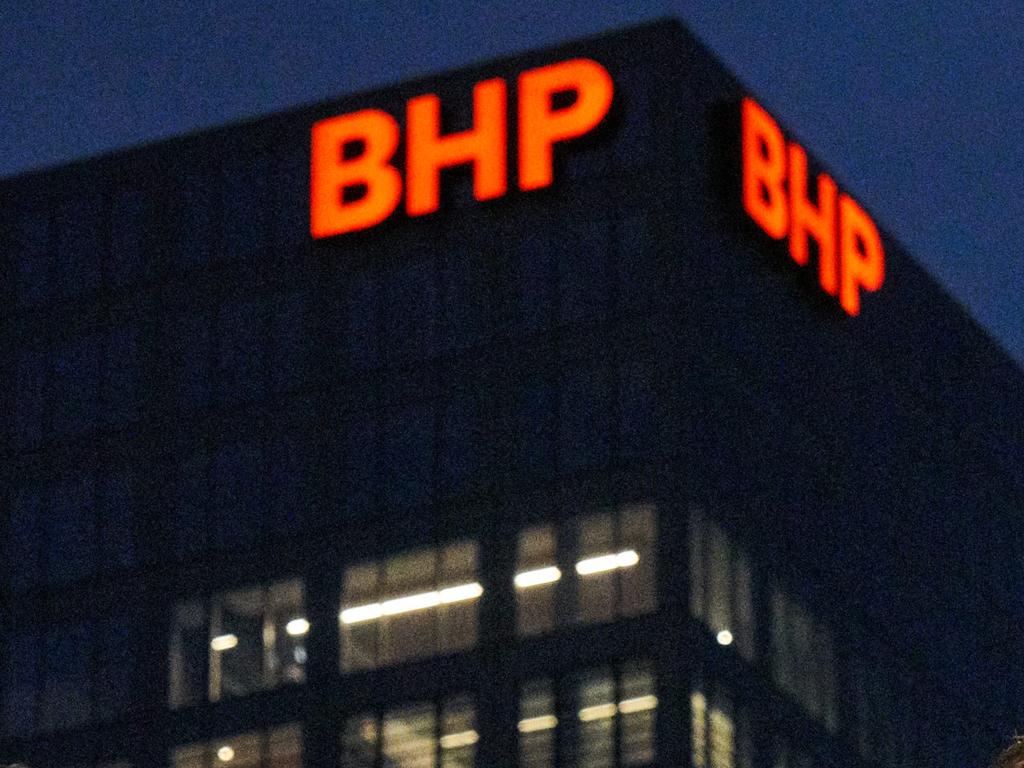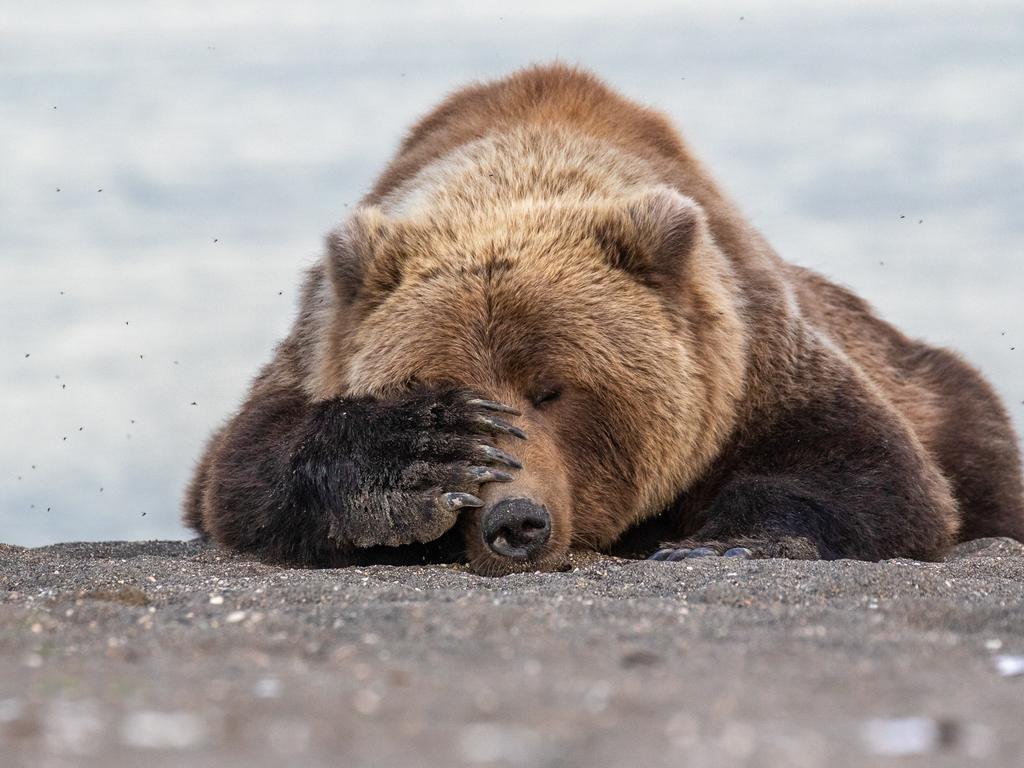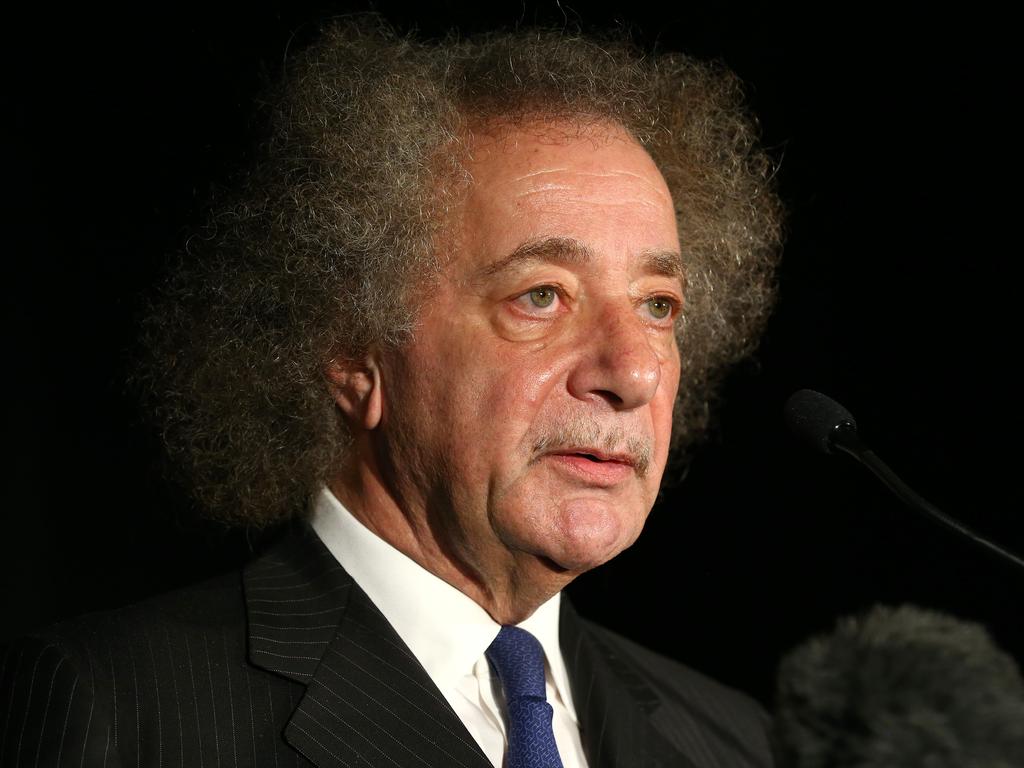Will the corporate lockdown mode make the virus effects and markets spiral worse?


The market fell 3.6 per cent on Wednesday and is now more than 20 per cent from its recent peak, which signals a bear market, but the real test is how long we stay there, with 12 months a bear market rule of thumb.
There is a fine line between companies doing absolutely the right thing in preparing for the worst and ensuring their systems work, and creating tension among staff, which in between fights over the last toilet roll in the supermarket is fuelling the panic.
Investment banks have started preparing alternate trading rooms, with UBS sending a team to its St Leonards site in Sydney and BAML doing the same with its Homebush site.
Credit Suisse, like all the banks, has an alternate site that is required in such emergencies, but is yet to push the button on setting up its Mascot operations.
A slew of meetings have been cancelled, morning meetings are being conducted by telephone and Reuters even reported Italian banks have suspended all mortgage repayments.
When people move house they are unsettled and a bit stressed and that’s what thousands across the financial market are feeling today as their bosses go into lockdown mode.
Big companies like Rio Tinto and law firms have already moved into A and B teams to prepare for the worst.
ASIC has cancelled its flagship public conference set down for later this month and companies from ANZ to Macquarie Bank have virtually shut down domestic and international travel.
The local stockmarket is being driven entirely by US sentiment.
On Tuesday the market was following Wall Street down, but when the futures contracts indicated a rally that night Australia rallied.
On Wednesday the market was travelling OK until the US futures indicated Wall Street would open 2.5 per cent down, so Australia fell 3.6 per cent, perhaps overreacting again.
The big banks met with Josh Frydenberg and came out with all the right words, right down to CBA agreeing to concession deals for small business.
That was welcome, but CBA has a $765bn loan book, of which housing is $550bn, or 72 per cent, and small business loans $22bn, or 3 per cent. Great move but let’s provide some context.
The expectation is Australia will be hit hard by the virus. Economically it already has been. The government and big companies are absolutely right to prepare and ensure systems are working to prepare for the worst, but …
Weiss wins backing
Gary Weiss has won the key backing of Ownership Matters for the March 30 meeting to consider his push to get a Cromwell board seat on behalf of Singapore-based ARA.
This comes ahead of an ARA court challenge due to be lodged on Thursday accusing Cromwell of shareholder oppression by denying ARA participation in last year’s rights issue, denying access to the shareholder dividend reinvestment scheme and refusing to let ARA view proxy votes.
This one is right out of Weiss’s old IEL hymn book, when the firm created terror in the market at its peak in the 1980s.
OM argues that, with 23.6 per cent of the stock, ARA is entitled to a seat when the seven-member board mathematically represents just over 14 per cent each.
Weiss is acknowledging concerns over his myriad board seats and is stepping down from his role as chair of Ridley. He still retains the chair at Ardent and Estia, but these are more recent appointments, and he has a long-term role as an Ariadne executive director.
Toilet paper profits
If anyone is to benefit from the coronavirus, one group is arguably the supermarkets based on the view that no one is going out any more and so will have to stock up to eat at home.
There has been the unseemly rush for some items like toilet paper, a rush that is happening big time in the US as well.
So far the local stores say that, outside the rush on some items, it is business as usual, but then again if the crackdown happens as feared then the rush comes.
The Wall Street Journal reports supermarkets are considering calling in the military and volunteers to help deliver food, cutting opening hours and redeploying staff to handle the rush.
The perception in the market is that Coles is outmarketing Woolworths down the supermarket aisle, which may explain why since December highs Coles is down 10 per cent and selling at 18.5 times forecast earnings and Woolworths is down 17 per cent and trading at a discount at 17.5 times earnings forecast.
Woolies boss Brad Banducci is focused on the sale of his Endeavour drinks arm, which will be sold via an in specie distribution, leaving Woolies with 15 per cent, Bruce Mathieson with 15 per cent and shareholders the rest.
Final decisions are yet to be made and the state of the stockmarket may well determine whether the deal proceeds. But the plan is to get the deal done by the end of June, negating the need to draw up new sets of accounts.
Meanwhile, Woolies supermarket boss Claire Peters is under a bit of pressure with the perception that Coles CEO Steven Cain is running rings around her with solid second-quarter sales and outperforming in the first seven weeks of this quarter.
Then there is the rush on household goods and, after a massive pull through of sales, the need to then cut costs when sales inevitably fall.
Watch this space.
BHP’s tax case
One of the key reasons BHP provides for why it has long refused reasonable requests to collapse its dual-listed structure is the roughly $US500m ($768m) in tax losses sitting with its thermal coal mine in the Hunter Valley. The argument is that the tax losses are specific to the asset so a combined company would lose the benefits.
Wednesday’s tax ruling confirming BHP and its UK arm are associates changes all that at the margin, but according to the company the tax loss position remains.
Over time, profits from the thermal coal unit will eat up the losses and, of course, the mine is not necessarily a long-term part of BHP.
The tax fight, originally over its Singapore trading arm, has already been won by the ATO, which means BHP pays tax on the Singapore profits from selling Australian iron ore.
This ruling covers the period from 2006 to 2018, and back of bar tab figures suggest the extra tax bill for BHP will be about $125m.
Over the same period, BHP figures it has paid taxes and royalties to Australian governments totalling $70bn.







Corporate Australia is going into lockdown state as the stockmarket enters bear market territory, again raising the question of whether the two are interlinked and somehow overly cautious bankers are helping to create the fear.